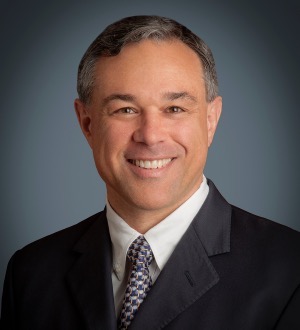Best Lawyers in Hawaii, United States for Closely Held Companies and Family Businesses Law
Practice Area Overview
Depending on the jurisdiction, closely held company law may differ significantly from the law of the same jurisdiction that is applicable to corporations and other enterprises that are publicly held. For example, in many jurisdictions owners in closely held companies are subject to heightened fiduciary duties to one another, which may preclude structural actions or transactions that would be permissible in the public company sphere. On the other hand, closely held companies are free from many of the disclosure and other regulations that constrain publicly held enterprises in their activities. This is true even when the closely held company is of equal size as a publicly held participant in the same industry. Practitioners in this area must be experts in recognizing these legal and regulatory differences and also be aware of the alternative governance frameworks available in other jurisdictions.
The key challenge in family business law is to structure an environment in which familial goals and interests and enterprise goals are mutually reinforcing. This requires empathy and creativity on the part of the practitioner, particularly the ability to translate essentially non-legal concepts such as stewardship into legal script, all in a tax-efficient manner.


Our Methodology
Recognition by Best Lawyers is based entirely on peer review. Our methodology is designed to capture, as accurately as possible, the consensus opinion of leading lawyers about the professional abilities of their colleagues within the same geographical area and legal practice area.
The Process
Best Lawyers employs a sophisticated, conscientious, rational, and transparent survey process designed to elicit meaningful and substantive evaluations of the quality of legal services. Our belief has always been that the quality of a peer review survey is directly related to the quality of the voters.






